

ENERGY & UTILITIES
Consulting services for the power and utility industries: purposeful growth and sustainability
"Our hands-on experience can help clients close the gap between expectations and reality"
The energy industry – from fossil fuel, nuclear and renewable energy to the generation and distribution of power – underpins the economic development of countries, companies and individuals. But the business of power is currently undergoing a global transformation on a scale never before seen. Factors such as decarbonization, floated capital markets, sustainability, the circular economy, new energy infrastructure markets and digital operations, combined with the fresh challenges thrown up by COVID-19, mean that industry players need the support of experts who can see the bigger picture. At Roland Berger, our energy consulting team is well placed to provide insights and advice that is strategic, practical and entrepreneurial.

#1 Decarbonizing the energy value chain
Oil and gas companies, utilities, investors, energy merchants and policymakers around the world are making bold commitments to decarbonization. But can they deliver on their promises in their day-to-day work? At Roland Berger, our energy consulting specialists help top management rise to the strategy challenges posed by climate change and position themselves for a post-carbon era. We help you understand the opportunities, build sustainable advantage and turn your commitments into reality.
Read more about decarbonization along the energy value chain
#2 Finding gold in green
In recent years, we have seen a dramatic rise in the valuation of businesses offering renewable generation, energy storage, electric mobility and green hydrogen. This trend continues today. It is driven by factors such as growing policy and popular commitment to decarbonization, abundant and cheap capital, and maturing technologies and markets. Our energy management experts help investors understand the real value – and real costs – of specific investments and the implications for asset portfolios. Should they take on more risk to achieve target returns? Which sectors and technologies are currently undervalued? And what are the regulatory, technological and commercial risks? We also offer services such as commercial and technical due diligence, support during negotiations and assisting post-merger integration.
Read more about the value of renewable energy generation and storage
#3 Moving towards a circular economy
Closed resource cycles protect the environment and create financial value. However, properly organizing water, waste and recycling processes remains a huge challenge in many countries. For the oil and gas sector, moving towards a sustainable and circular economy means actions such as reducing GHG emissions from well to burner tip and redesigning processing and refining processes to minimize waste. Even in "clean energy" sectors such as photovoltaics and electric mobility, product design and business models need to focus increasingly on asset re-use and recovery. We offer a wide range of consulting services in the area of the circular economy and sustainability. They range from designing ESG strategies and efficiency programs for operators and carrying out portfolio screening and investment diligences for investors to reviewing energy savings in areas such as billing, supply contracts and energy use.
#4 Rethinking energy infrastructure and markets
Radical changes are taking place in energy infrastructure, from new transcontinental gas projects and the transmission of offshore and onshore renewables to the increased electrification of transportation and expansion of microgrids. These developments are accompanied by changes in market design. Players are finding themselves forced to rethink how they manage risk and price their products. Our market knowledge and expertise in orchestrating major capital projects helps our clients around the world build infrastructure, deal with regulation, procurement, construction and maintenance, and develop effective pricing and commercial strategies.
Read more about how to chart a clear strategic path in a changing energy landscape
#5 Advanced analytics and the power of data
B2B and B2C front-to-back office automation, machine-learning for load forecasting, DER project screening and configuration, preventive maintenance... The list of areas where data analytics can generate value appears to be endless. But doing so requires deep expertise in Advanced Analytics. Our hands-on experience dealing with the underlying business challenges and context, our rich set of digital tools and technology partners, and our years of experience in change management projects and strategy can help clients close the gap between expectations and reality.
Read more about how to exploiting the power of data and algorithms
A framework for success
To help our clients navigate a changing world, we have developed an energy consulting framework for the 2020s. It consists of three separate spheres of strategic action: Purpose, Growth and Sustainability.
Defining a clear Purpose enables efficiency, agility and resilience by aligning stakeholders. Growth includes engaging customers, building skills and effectively deploying resources. Sustainability reinforces both growth and purpose by ensuring lasting and meaningful impact
Where these three spheres overlap we find cultural change, an essential step that underpins all of our solutions. The opportunities for companies and investors generated by the transformation of the energy sector are plentiful. Our job as a consulting firm is to open your eyes to them and provide you with the tools you need to exploit them to the full.
Sign up for our newsletter and get regular insights on newest publications related to Energy & Utilities.



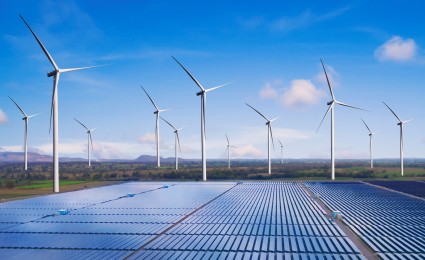

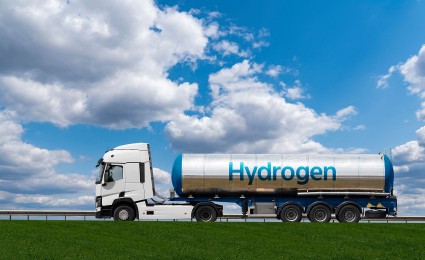

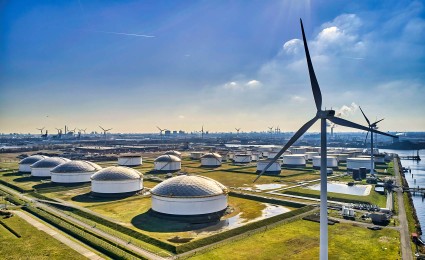


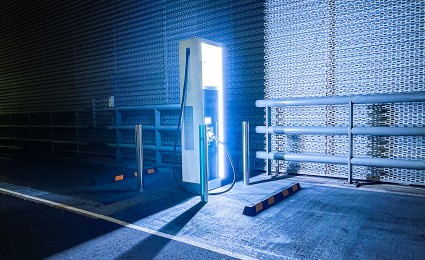



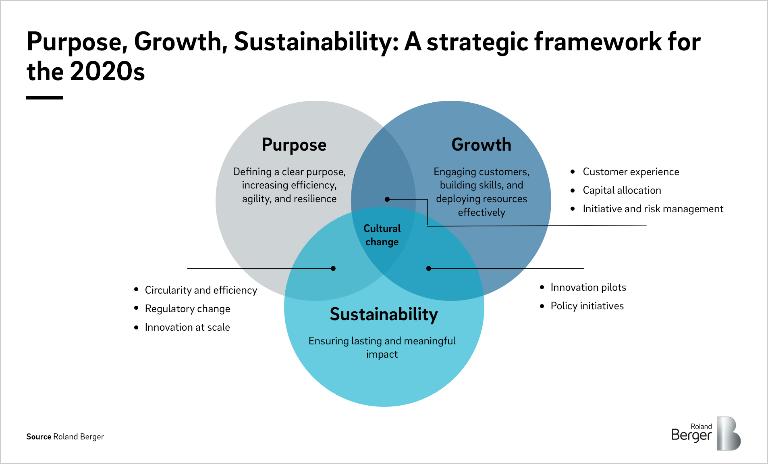




















_person_144.png)










_person_144.png)









_person_144.png)

_person_144.png)








